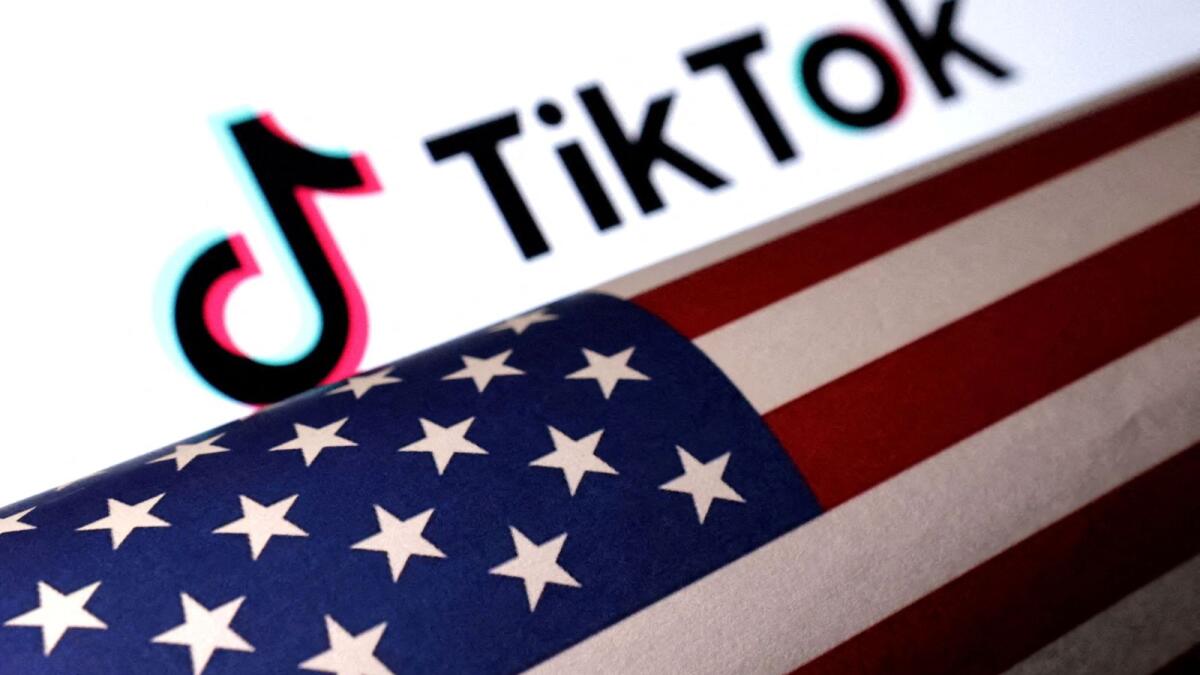The U.S. Department of Justice has requested a federal appeals court to uphold a law that requires ByteDance, the China-based company that owns TikTok, to sell TikTok’s U.S. assets by January 19, or face a ban. The DOJ argues that TikTok, under Chinese ownership, poses a significant national security threat by having access to extensive personal data of Americans. They claim that China could potentially manipulate information consumed by Americans through TikTok. The Biden administration is asking the court to reject the lawsuits filed by TikTok, ByteDance, and a group of TikTok creators seeking to block the law that could potentially ban the app used by 170 million Americans.
TikTok has repeatedly denied any claims of sharing U.S. user data with China or manipulating video results. The company has expressed its disbelief in the government’s claims and accused it of hiding behind secret information. The DOJ’s filing outlines various national security concerns related to ByteDance’s ownership of TikTok, citing China’s long-term geopolitical strategy. While the government has no evidence that the Chinese government has accessed data of U.S. TikTok users, they believe the risk is still too great to ignore, prompting them to take action.
The government has filed a classified document detailing security concerns about ByteDance’s ownership of TikTok, along with declarations from the FBI, Office of the Director of National Intelligence, and DOJ’s National Security Division. ByteDance has informed the government that TikTok’s source code contains 2 billion lines of code, making a full review impossible. President Joe Biden signed the law on April 24, giving ByteDance until January 19 to sell TikTok or potentially face a ban. The DOJ has refuted all arguments raised by TikTok, stressing that the law addresses national security concerns, not free speech rights of Americans using the app.
The appeals court will hold oral arguments on the legal challenge on September 16, just weeks before the November 5 presidential election, putting the fate of TikTok in the crossfire of the political landscape. President Trump has expressed his opposition to a TikTok ban, while Vice President Kamala Harris, who is expected to become the Democratic nominee, recently joined TikTok. The law prohibits app stores and internet hosting services from offering support to TikTok unless it is divested by ByteDance, reflecting concerns about China’s access to American user data through the app.Driven by fears of China’s potential access to American data or spying, Congress swiftly passed the measure just weeks after its introduction.


























